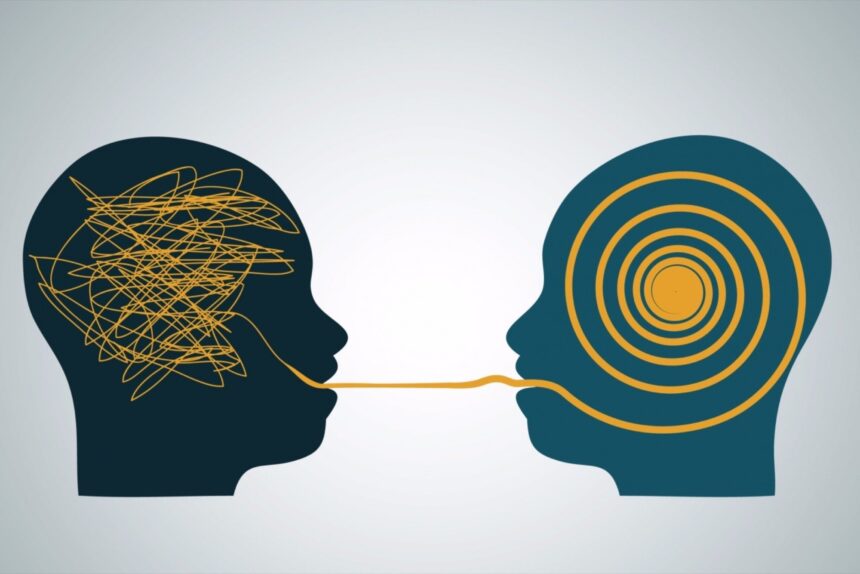Verywell Mind defines emotional intelligence as the ability to perceive, interpret, demonstrate, control, evaluate, and use emotions to communicate with and relate to others effectively and constructively. This can include various abilities that can help you become a team leader and show those you lead that you care. Technical and communication skills are excellent, but the best way to relate to those you lead is through emotional intelligence. It can develop a positive culture and environment for your team, which thus can increase efficiency and productivity. So what are components you can incorporate to improve your emotional intelligence?
- Self-awareness: Having an understanding of your own emotions and your reactions to those emotions is vital. Including reacting positively in moments, you may be wrong. When you have self-awareness, you quickly learn your strengths and weaknesses and how you may impact others. Knowing what you’re good at and the areas in which you may need help will make it easier to convey these things to your team.
- Showing Empathy: Leading a team takes the ability to understand and share the feelings of others. Take the time to understand what your athletes are genuinely going through. Brushing off how certain situations might impact one of your athletes can create a distrust of them or a feeling that you don’t care.
- Actively Listen: We have discussed this in prior blogs, but pay attention and show interest in what your athletes tell you. Listen and think intently about the meaning of what they are telling you. Don’t just prepare to react to what they are saying.
- Communicate Effectively: We discussed this at length in our last leadership blog. Being able to express yourself clearly and effectively in a way that understands others’ perspectives will help you in the long run as a leader. Knowing how to control your emotions and how specific communication forms may impact others will help you be more aware of how you react.
- Always Be Adaptable: Being willing to adapt in the ways you lead will show your athletes that you can know when you are right or wrong. Having that flexibility to adjust your leadership style to different situations will allow you to react and take action in the best way possible.
- Inspire Trust: Finally, trust is critical in emotional intelligence. You can develop a dynamic relationship with those you lead if they don’t trust you. Building those strong relationships requires trust and credibility. Taking into account the five steps prior will help you create the confidence you need with your athletes.
All of us are constantly trying to find ways to improve our emotional intelligence. It takes work and practice to get yourself to a place to be in tune with your emotions and the emotions of those you lead. It is easy to want to be empathic, be there for others, and have those around you trust you. These quick tips can help you get started on the path to peak emotional intelligence!








